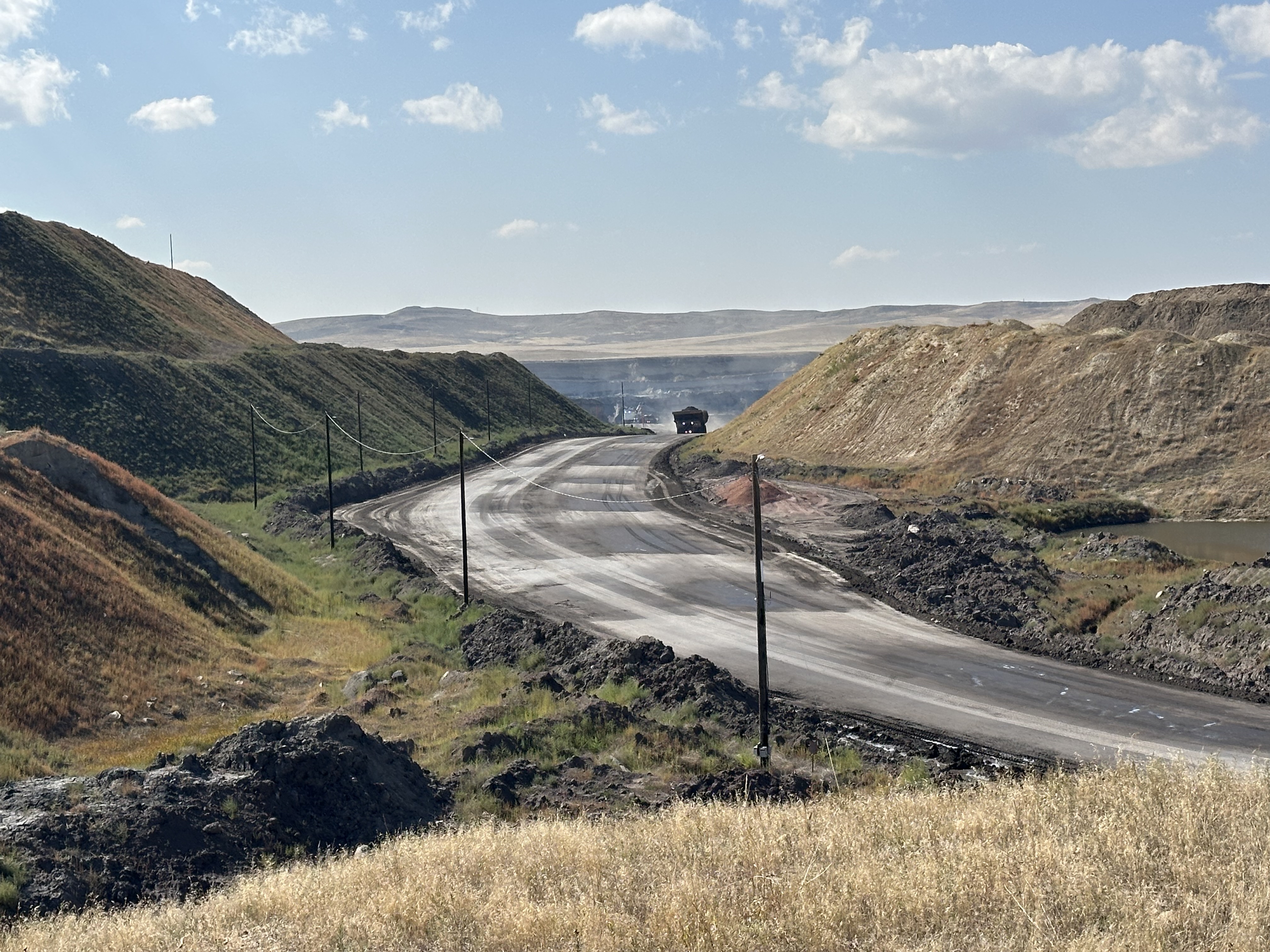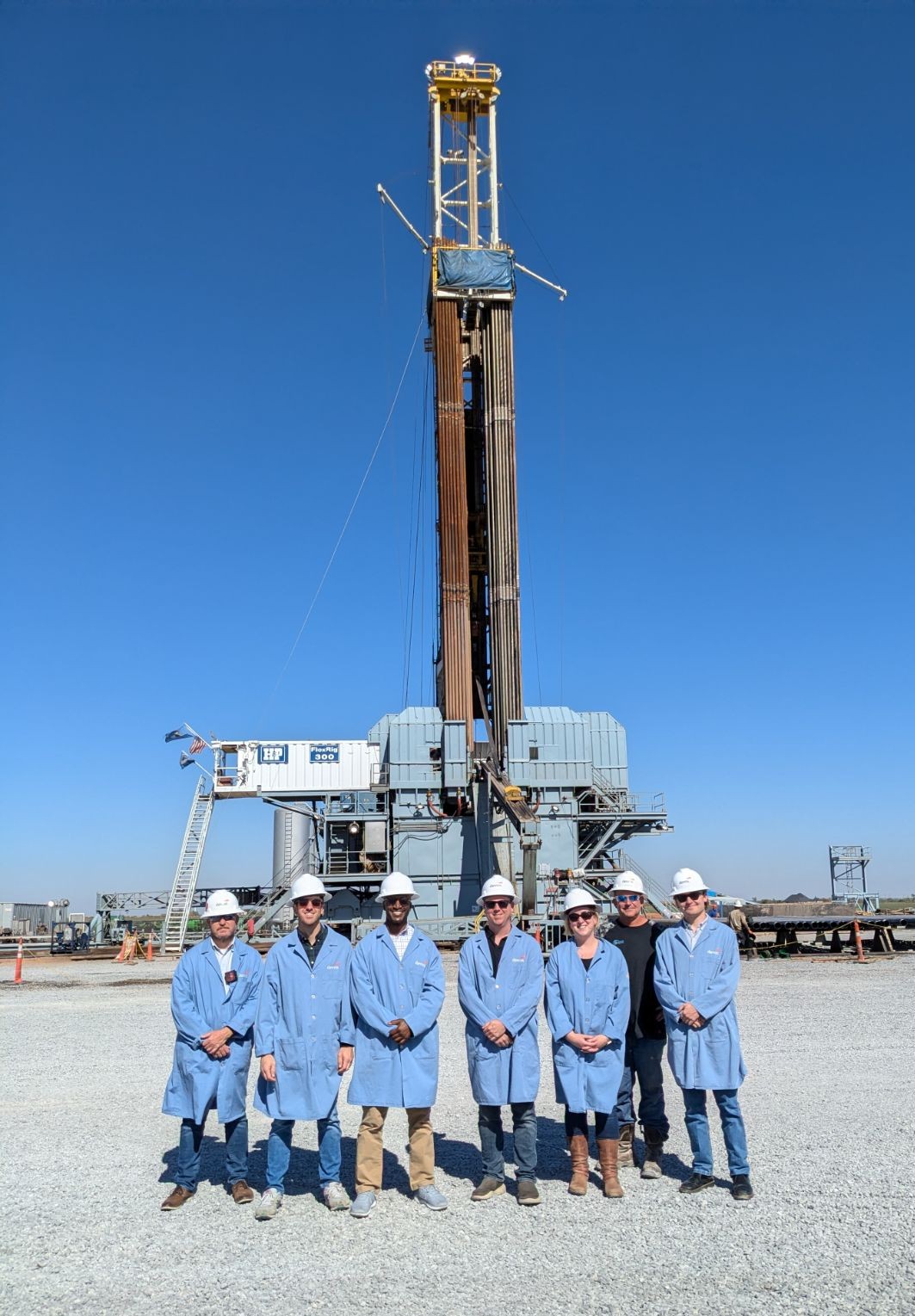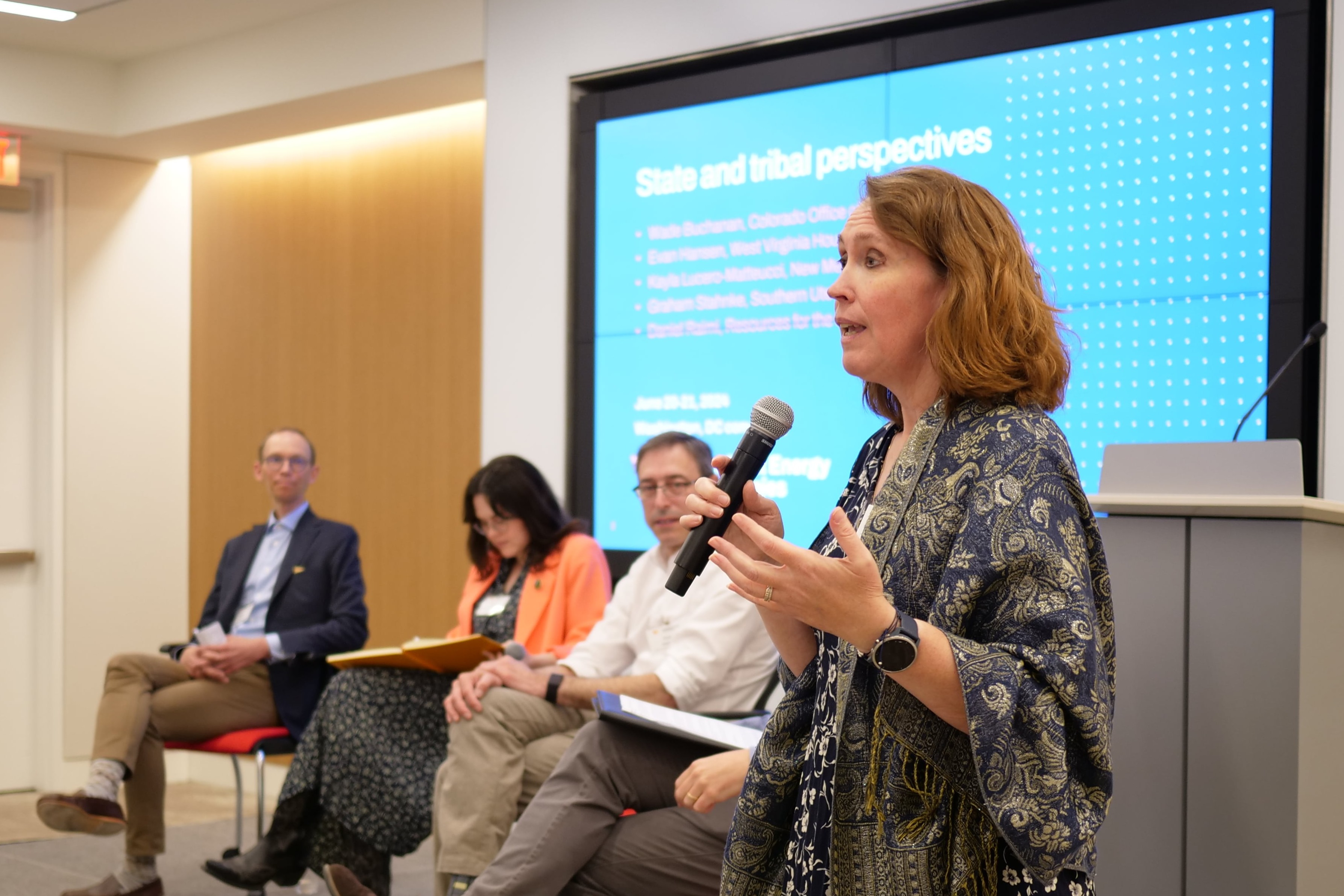About
We’re helping fossil fuel–dependent communities across the United States develop strategies to support their local economies.

We’re helping fossil fuel–dependent communities across the United States develop strategies to support their local economies.

The United States is the world’s largest producer of oil and gas and a leading producer of coal. Many communities across the country depend on these industries for high-paying jobs and funding for their schools and other critical public services. These fossil fuel communities now face serious economic risks, due in part to the global push to transition away from fossil fuels in the energy sector. Despite the uncertainty these communities face, there is little understanding of how communities who rely on fossil fuels as engines of economic growth can build economic diversification and resilience.
The Resilient Energy Economies (REE) initiative was formalized in 2024 to provide US policymakers with the information and new thinking they need to help communities along the fossil fuel value chain build that economic resilience. REE is a collaboration between the Center on Global Energy Policy at Columbia University, Montana State University, Resources for the Future, and the University of Notre Dame, with strategic guidance from scholars and policy experts across the country.
REE's work focuses on three core pillars: action-oriented research, policy innovation, and community building.

Action-oriented research
REE funds research across the United States to examine how to build economic resilience in fossil fuel-dependent communities. We established our research agenda in 2024 and are currently funding 22 research projects to advance that agenda. These projects explore a wide variety of topics, from identifying sustainable economic development options for fossil fuel-producing tribal nations, to examining the effectiveness of federal and state policies, to understanding how fossil fuel workers are experiencing the energy transition.
Read our publicationsView our current projects
Policy innovation
REE turns what we learn from our research into policy ideas that advance communities’ economic resilience. We examine which policies work—and which don’t work—to help policymakers design and implement data-informed economic development strategies. We work regularly with federal, tribal, state, and local government leaders from fossil fuel-producing regions to share insights and craft strategies.

Community building
We’ve built—and are actively expanding—a national network of scholars, policymakers, and economic developers focused on this issue. We bring this community together for workshops, study tours, and knowledge exchanges on a regular basis. Cultivating this community helps us exchange best practices, promote collaboration, and transform research results into effective economic development strategies.
Want to stay informed about our work in these areas?